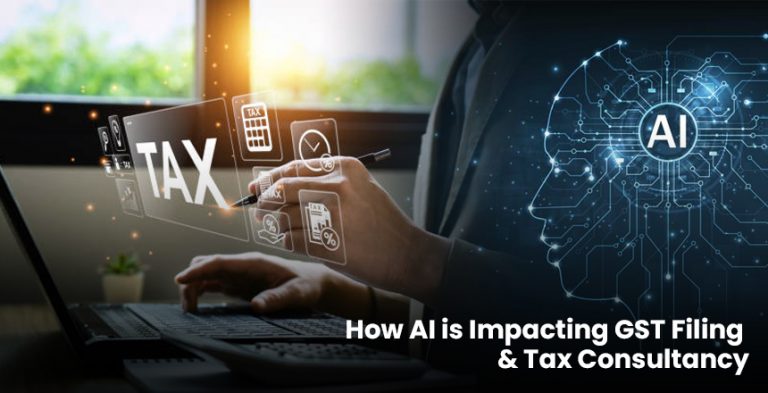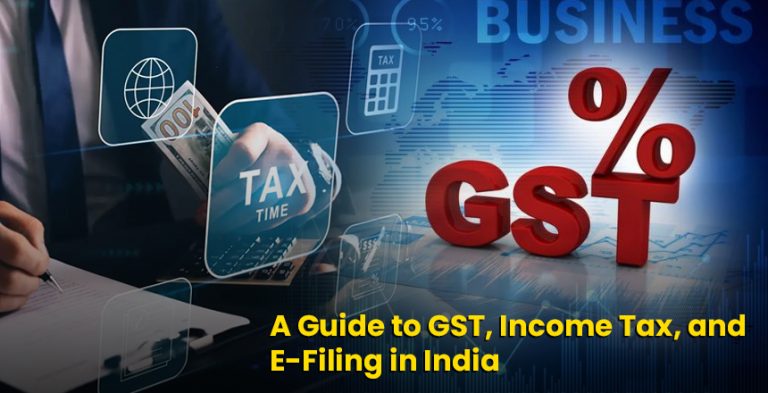The accounting world is transforming into a digital world. By 2025, paper-less financial management is no longer a far-fetched dream; however, it is the current state of affairs. Electronic accounting commonly referred to as E-Accounting has completely changed the way enterprises and individuals conduct their finances. Using E-Accounting, tax filing and invoicing, payroll and reporting can move much quicker, more accurately and very efficiently.
E-Accounting is now a necessary learning in any field of learning to ensure that a beginner learns or prefers to have a career in the field of finance, accounting, or in organizing business management. Regardless of whether you are a student, a small business owner, or a person changing your career, studying E-Accounting gives you access to a huge variety of opportunities in the contemporary financial environment.
So what is E-Accounting?
E-Accounting means controlling and recording financial information on computers. In place of keeping ledgers manually or using spreadsheets, E-Accounting uses special accounting applications and cloud services. Those can assist in automating calculations, designing reports, and observing the recent financial legislation and taxation laws.
It is very broad and it can be used to perform many tasks like maintaining account payable and accounts receivable, lodge GST and income taxes online, preparing digitalized invoices, and reconciliation of banks every minute. E-Accounting is more convenient and fast and will therefore emerge as the most viable in 2025 by both individuals and companies.
The Importance of E-Accounting Skills in the Year 2025
E-Accounting is no longer a voluntary skill with the government moving towards digitally compliant and businesses turning more and more towards automation. This is a need now. The majority of the companies need professionals who would feel free to work with digital tools to use in accounting, taxation, and audit.
Besides the automation of the routine functions, E-Accounting is used to reduce the amount of errors, storage of information is ensured, decision-making can be improved due to real-time findings. In whatever you do in relation to filing GST, payroll and financial statements preparation, E-Accounting makes the process easier and more confident.
Major Qualities of E-Accounting Tools in the Modern World
The instruments of the E-Accounting today are far more potent and comfortable than in the past. Cloud integration is possible in most software platforms in 2025 which means that you can access your financial data in any location as long as you have an internet connection. Some of their main characteristics are:
- Automatic tax figuring and tax-filling
- Electronic creation of bills and bill following
- Live bank matching
- Stock control and wages expense
- Teams collaboration Teams can collaborate with one another by using multiple users.
- Back up of data and superior security
Accounting has become easier to use, even among non-accountants, on such popular platforms as Tally Prime, Zoho Books, QuickBooks, and Marg ERP.
Skills that You will Require
One does not need years of experience in order to get into E-Accounting. The novices can first begin with the fundamental tools and slowly progress to more complex tools. In order to have a fine platform in E-Accounting, you should concentrate on the following aspects:
- Learning advanced accounting fundamentals
- Awareness of such tax instruments as GST and TDS
- Practical use of software systems on digital accounting
- Verge of learning excel or Google sheets to work with data
- E-filing on the government portals
You will be able to begin with the short courses or certification programs at the professional training institutes. Most of these courses also give hands-on experience in terms of live projects, simulators.
E-Accounting Career opportunities
E-Accounting is posing new career opportunities both in corporations and freelance activities. Nowadays, employers are trying to find specialists who will be able to use modern tools to perform accounting procedures in the year 2025. Having gained the skills in E-Accounting, you may work on the following positions:
- E-Accountant or Junior Accountant
- GST Executive
- Compliance and Payroll Officer
- Tax Return Advisor
- Freelance Accountant to start ups and small and medium size enterprises
- MIS Executive
Moreover, knowing E-Accounting, the business owners and entrepreneurs will be able to save because they can maintain their own accounts without incurring extra expenses.
E-Accounting Vs Traditional Accounting
The conventional accounting procedures were associated with extensive paper works, hard copy books and calculations that required a lot of time, and were potential error sources. E-Accounting, however, provides secure, fast and automated solutions. So here is a comparison in a nutshell:
- Speed: E-Accounting is quick E-Accounting in computerizing the accounting procedures happens instantly.
- Accuracy: Less human formulations will mean less errors caused by manual entries.
- Accessibility: Be able to access data at anytime and at any location
- Compliance: built- in tax updates and tax filing tools
- Cost efficient: Time-saving, less overhead
By 2025, E-Accounting is highly superior to conventional systems and, therefore, the most popular approach of professionals and business persons.
E- Accounting- Getting Started
Whether you are considering making a career out of E-Accounting or just want to better manage your own finances, then the way to go is through training. E-Accounting courses that tend to be easier and job-friendly have come up in many institutes in recent times. Seek out programs which entail:
- Practical software (Tally, QuickBooks, Zoho etc) can be trained
- training modules on GST, TDS and Filing Tax returns
- Case studies and real-time works on the project
- Certification to increase your job face
- Given the right kind of directions and with practice, a novice can also obtain a good command of E-Accounting in a small period of time.
Final Thoughts
E-Accounting is not a trend, it is simply the future of financial management. Going deeper into 2025, digital fluency in accounting would no longer be optional to someone who wants to get an entry into the world of finance. As a small business person to a big company employee, the need for E-Accounting skills increases daily.
If you are targeting your future career in the financial field, wish to improve yourself, or just need to improve the way you manage your business books, E-Accounting is something you need to learn now. It is feasible, cost effective and a sensible career investment in the digital era.








